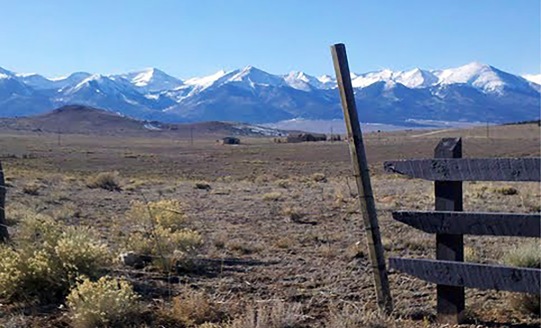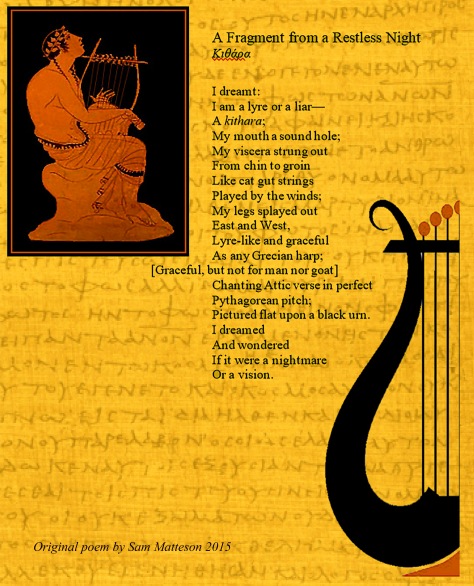
A spiral galaxy similar to our own Milky Way: M101 Photo credit: ESA & NASA PIs Kuntz, Bresolin,, Trauger, Mould and Chu et al.
The ball has dropped on a new year. January 1 marked the day we completed our latest orbit about the sun as we wished each other “Happy New Year.” Of course, there was a time when the calendar did not begin there. It was Julius Caesar, who in 46 BC moved New Year’s Day backward three months from the vernal (spring time) equinox in March to its current place in the calendar. Two years later Julius was assassinated (probably not for his calendric activities, however). Some still begin the year on the vernal “equinox” (meaning “equal night” [and day]), one of the two times each year that the sun appears to rise precisely in the east and the night and day light are equally 12 hours long. This year the vernal equinox is March 19.
In fact, other cultures use other calendars. One other innovation of Julius Caesar was to add—in fourth year—a leap day to the formerly final month of the year, February, to correct for the approximately six hours the year exceeds 365. Unfortunately the Julian system overcorrected by about 3/400 of a day each year. In 1582 Pope Gregory (actually a conference of calendar geeks, like this author) devised a method to account for this over correction. At their suggestion he revised the Julian calendar so that every century that should be (under the system of Caesar) a leap year is, instead, a regular year, unless the year is divisible by 400, thus eliminating the extra three days in four hundred years. Problem solved! He also reset the year by removing ten days from the calendar.
Happy Old New Year
But, one consequence of this innovation is a gradually increasing disparity between the two calendars. Thus, January 1 (on the old calendar), the so called “Old New Year” that is still used by the Orthodox Christian Church, that rejects the authority of the Roman Catholic Pope, falls on the modern (Gregorian) calendar, today January 14, 2016. So, I say “Happy Old New Year!”
In an attempt to overcome my Eurocentric bias I have looked into the calendars of other cultures that start their year on other days, rather than January 1, and have found that they are often associated with celestial events. For example, the Jewish New Year (Rosh Hashanah) is associated with the autumnal (fall) equinox and the new moon. This year the Jewish New Year occurs on the evening of October 2, 2016. The Islamic New Year also uses the moon for its cadence, beginning the next day, October 3, 2016.
But as I contemplated my sixty-ninth circuit about the sun, I was tempted to say, “Here we go again!” Then I realized that our solar system is also orbiting the galactic center where lurks a massive black hole. This “Galactic Year” (the time to make one galactic circuit) is estimated to be a little less than a quarter of a billion years. Therefore, in the 4.54 billion years since the formation of the earth, the solar system has made approximately twenty circuits. So, the earth is nearing three galactic weeks of age!
Never the Same River
On the other hand, the solar system is orbiting at a velocity of about 143 miles per second! We, riders on the earth, are corkscrewing through space at an astonishing speed. That fact implies that since last January 1, 2015 we have moved about four and half billion miles. In a very real way the old adages applies to us, the one that advises, “You never step into the same river twice.” As we pass through the year, orbiting our local star, the seasons changing with the angle of the sun in the sky, I now realize that we are not in the same place we were twelve months ago. We are very far removed, in fact. Each minute that passes we hurtle a distance equal to the diameter of the earth.
What is more, I am not the same person I was then, either, nor are you. Our experiences and memories have changed us even though (contrary to popular mythology) my brain cells are the same ones I had last year. My brain has merely been slightly rewired by my thoughts and memories. On the other hand, my same heart has beaten approximately 32 million times but my blood cells have indeed been replaced several times. At the atomic level, moreover, only 2% of the atoms of my body remain from the body I inhabited a year ago. Thus, I am indeed, not the man I was, although I look much the same. I have been renovated at my core.
From these reflections I take away two profound truths. Firstly, as a different person than I was a year ago–but yet a doppelganger of myself–I am not the prisoner of my past. I can chose a different direction as I move forward even if I begin at the spot where I find myself. Two dear friends shared a photo of an artist’s installation they encountered on their hike up the Aggenstein in Bavaria, Germany. It has become an icon of this principle to me. The object is an open door on the path. The future is, indeed, an open door. We can choose to pass through it or turn away. In the photograph we see the paths that record the choices of many feet. I will be looking for those open doors that I encounter in the year ahead. I was reminded of Jesus words, “See, I have placed before you an open door that no one can shut.” (Rev 3:8) What a wonderful possibility! Open doors abound.
The second take away truth I see is the old and possibly clichéd realization that one will only pass this way once. Every moment is unique. We are speeding through space at a breakneck speed. Humanity has never been here before. Thus, I must savor every moment like a meal that I will enjoy only once, although the memory will linger forever. Every thought, every breath, every interaction changes me and I change everything I touch, as well.
So as we go round again for the first time, may we enjoy the view from the track and leave our own traces on high mountain paths we have never trod before.
So I wish you a Very Happy Solar Circuit. How good to cross paths this time around.

Open Door Aggenstein Bavaria, Germany, the icon of possibility that lies before us. Photo credit Chris Littler





